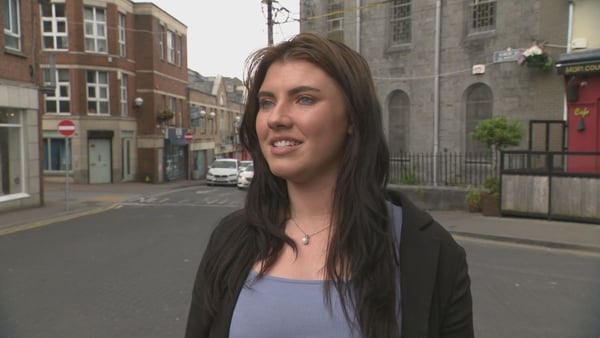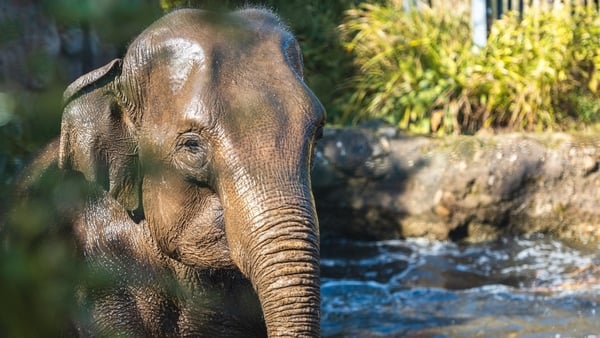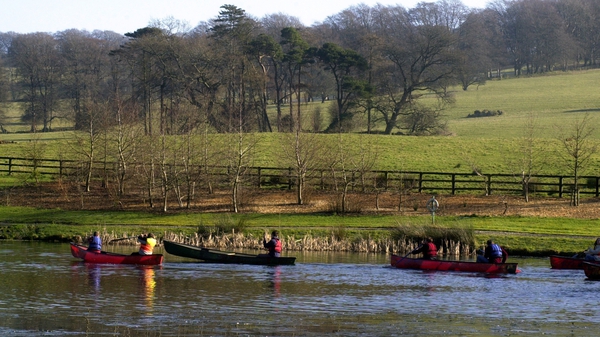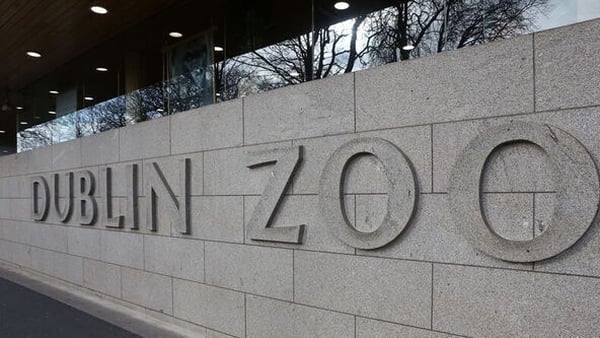Extreme weather in recent years and rising production costs have put many farmers to the pins of their collars.
However, some are benefitting from the Agri-Climate Rural Environment Scheme (ACRES), the farm-environmental payments scheme, which rewards measures taken to protect nature, and is not linked to producing crops or livestock.
In high nature value areas, mainly in western counties, farmers can access the enhanced ACRES cooperation scheme, which offers a higher level of payments.
Jimmy Forrest farms sheep on the shores of Lough Gartan in Co Donegal.
We need your consent to load this rte-player contentWe use rte-player to manage extra content that can set cookies on your device and collect data about your activity. Please review their details and accept them to load the content.Manage Preferences
His holding includes peatland and grassland and he is being rewarded under the scheme for managing both for nature.
He said: "To know that you're being rewarded financially, makes things easier, you can plan better going forward with what you intend to do, what improvements you can make on your land."
The Forrest family had a head start on other farmers in that they were already taking part in the Pearl Mussel Project (PMP).
This required them to block drains on their peatland to improve the water quality for the endangered pearl mussel population in the nearby Leannan River.
They also stopped cutting turf on the bog which let the covering vegetation of grasses and mosses recover.
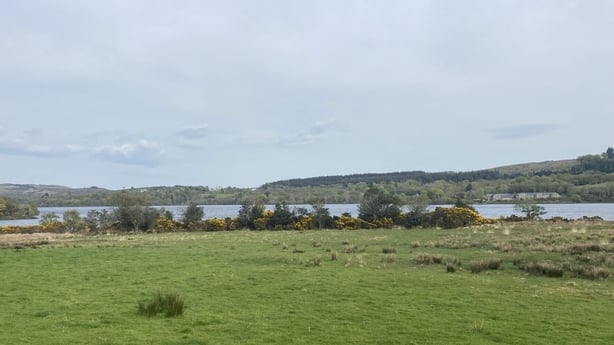
This gives the peatland on the farm a better score on the list of environmental indicators rewarded under ACRES cooperation.
The experience of participating in the PMP also gave the family the knowledge and confidence to sign up for ACRES cooperation.
Sheep still graze the land and Mr Forrest said they have benefited from the blocking of the drains as it created little bridges they use to cross from one side to the other.
It's nicer to be told that if you do something that'll benefit you in the long term. That's the carrot rather than the stick, people like to be encouraged rather than forced.
Henry O'Donnell is the programme manager of ACRES co-operation in Donegal.
There are seven areas in the county identified under the scheme and the Forrest's farm is part of the Glenveagh sub-region.
Mr O'Donnell said: "The purpose of this is to deliver more actions in this area because it has been identified as having lots of priority environmental assets, in terms of water quality in terms of endangered bird species, and in terms of high nature value farms."
He said ACRES is different to previous farm environmental payment schemes as "it's all based on results-based scores, so farmers can improve the score of their land by their activity, whereas beforehand, it was just a prescription".
"They can farm the way they always did, and possibly not get a great score and hence not a great payment or they can adjust their farming to increase their environmental score," he said.
Mr Forrest said this approach is a better way to convince farmers.
He said: "It's nicer to be told that if you do something that'll benefit you in the long term.
"That's the carrot rather than the stick, people like to be encouraged rather than forced."
Future focus
The grassland on the farm also scores highly with a diverse mixture of grasses and plants and riparian zones - trees and hedges keeping the livestock away from the lake and river, protecting water quality.
Mr Forrest said: "We have slightly reduced our stocking level and there are a lot of different species of grasses starting to appear and more positive indicators."
He plans to pass on this farm to his daughter Amy who works with him and is in her second year studying agriculture.
Ms Forrest said her course reflects the fact that in the future, farming will be more focused on protecting the environment.
She said: "It's very important to know that we can do something about it.
"It's great to be able to you know, especially on our farm with the peatland and the grassland. We can do something to encourage growth and encourage biodiversity and habitats."
Passing on the land
Mr O'Donnell said the ACRES cooperation scheme is a new approach which recognises the great value in land that has been, in the past, described as poor or marginal.
He said: "We now realise this is a huge environmental asset that we have to protect.
"You know, farmers can now be very, very productive in terms of what they deliver for the environment, what they deliver for water quality, and what they deliver for climate mitigation.
"So, you know, there is opportunities for farmers that have these types of lands, you know, to actually improve their income while delivering for the wider society at the same time."
Mr Forrest, like all farmers, wants to pass the land on in at least as good a condition as he received it and to improve where possible.
He said: "All the things that you do in ACRES is going to help improve the quality of the land and Amy is the next generation and I would like to hand it on to her as good as I possibly can.
"And hopefully she’ll run with it then and maybe do things in the future that'll improve it even further. And it's important to think that she'll have it for her lifetime and maybe her children, they might have it as well".

